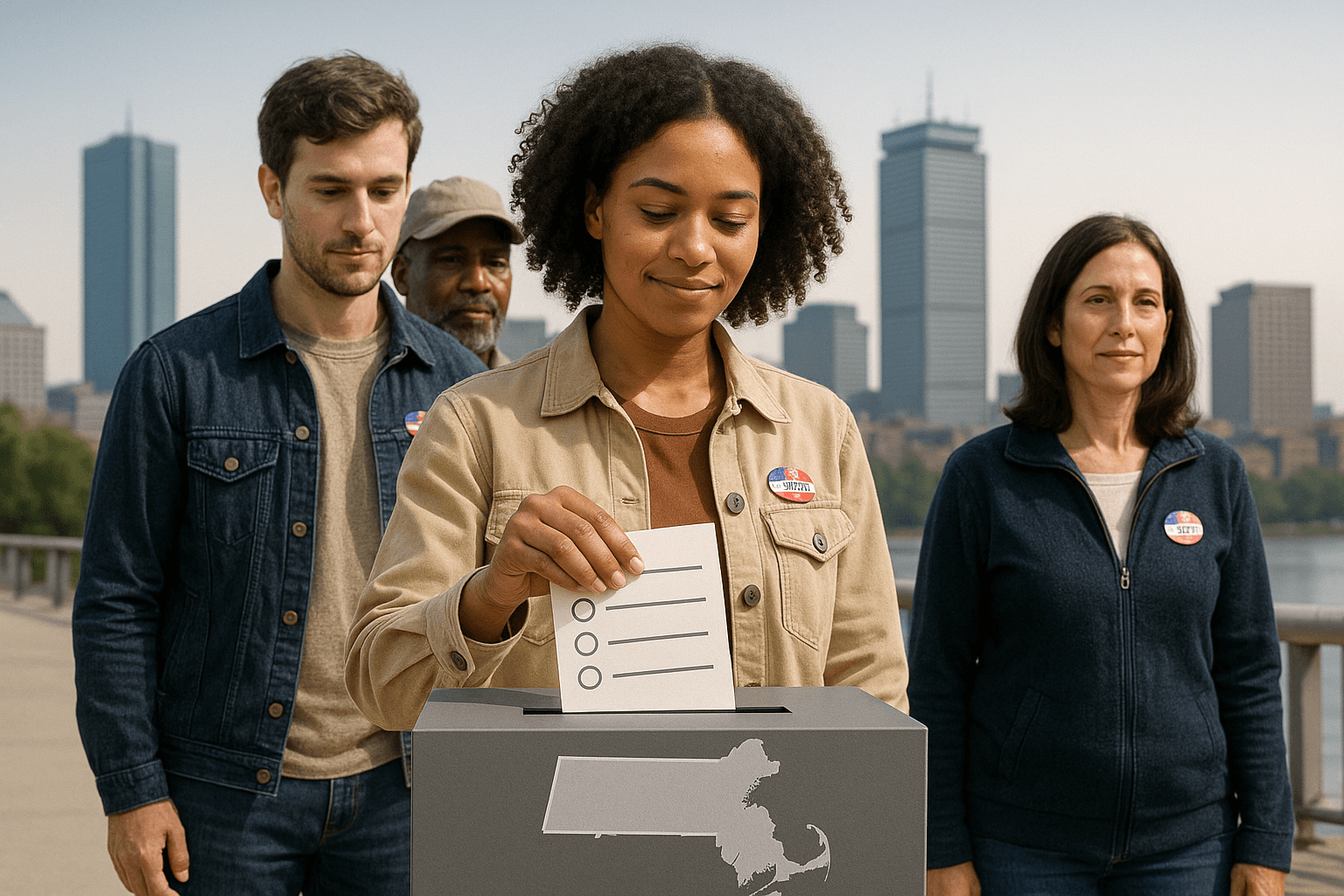U.S. Gambles Influence in Middle East Pursuing Deal with Iran

U.S.-Iranian relations, it would seem, are on the mend. Abbas Milani, writing for The New Republic, reported on November 14 that Iranian officials "are suddenly eager to fast-dial a new relationship with the U.S.-the same country they had demonized for almost three decades."
What has caused this shift in attitude between the two countries, or at least that of Iran toward the United States? First, economic sanctions against the Iranian regime, designed to force that country to give up its uranium enrichment program, are proving effective. The Los Angeles Times' Paul Richter reported the following about the sanctions and Iran's program:
"With sanctions slowly strangling Iran's oil-based economy, [Iranian President] Rouhani and his top aides have declared their eagerness to do a deal and thaw long-frozen relations with the West."
This leads to the second factor in the change in relations: the election of a new president in Iran. Amir Paivar of BBC News went so far as to say that "Mr. Rouhani has shown he can be a 'charmer' on the international stage..."
These positive developments between the U.S. and Iran have made some believe that a deal to curb Iran's nuclear program is possible. What would Iran seek to gain from making a deal with the United States?First, , as feared by many in the international community, but rather a "breakout capacity," whichThe New Republic's Milani defines as "the ability to have not the bomb, but the ability to build one in short order."
Second, Iran wishes to maintain its influence in the Middle East region. Therefore, Iranian negotiators will seek the lifting of economic sanctions in any deal with the United States. Iran understands the effectiveness of economic power when dealing with neighbors, as demonstrated by the Iranian government's huge financial investments in post-Taliban Afghanistan.
How is American foreign policy in the Middle East being impacted by this talk of a deal with Iran? There should be concern that the U.S. is jeopardizing its relationship with some of its old allies in order to pursue negotiations with Iran. Two of these nations are Israel and Saudi Arabia.
Israel, under Prime Minister Benjamin Netanyahu, sees the growth of Iran's nuclear program as an enormous threat. The country would never accept a deal leaving Iran with any nuclear structure, much less a breakout capacity. On November 16, it was reported in The Economist that "the Iran crisis has sharpened old differences between Mr. Netanyahu and Mr. Obama."
Saudi Arabia, on the other hand, fears the spread of Iranian power in the Middle East. The two Persian Gulf countries have long been competing for influence in the region. According to David Kenner of Foreign Policy, "Saudi Arabia sees any realistic deal as American acquiescence to Tehran's hegemonic ambitions in the Middle East."
In light of the concerns of its allies, what is the United States to do? Iran seems more willing than ever to reach a deal, mainly because of the sanctions. The U.S. could always sit back and allow the sanctions to tie Iran to the negotiating table even tighter.
However, pursuing a deal might have the opposite effect; Iran could always resume its nuclear program. Also, making a deal with the country could risk America's relations with its regional allies. These potential consequences must be considered before the United States advances any further with negotiations with Iran.
Photo Credit: Daboost / shutterstock.com



